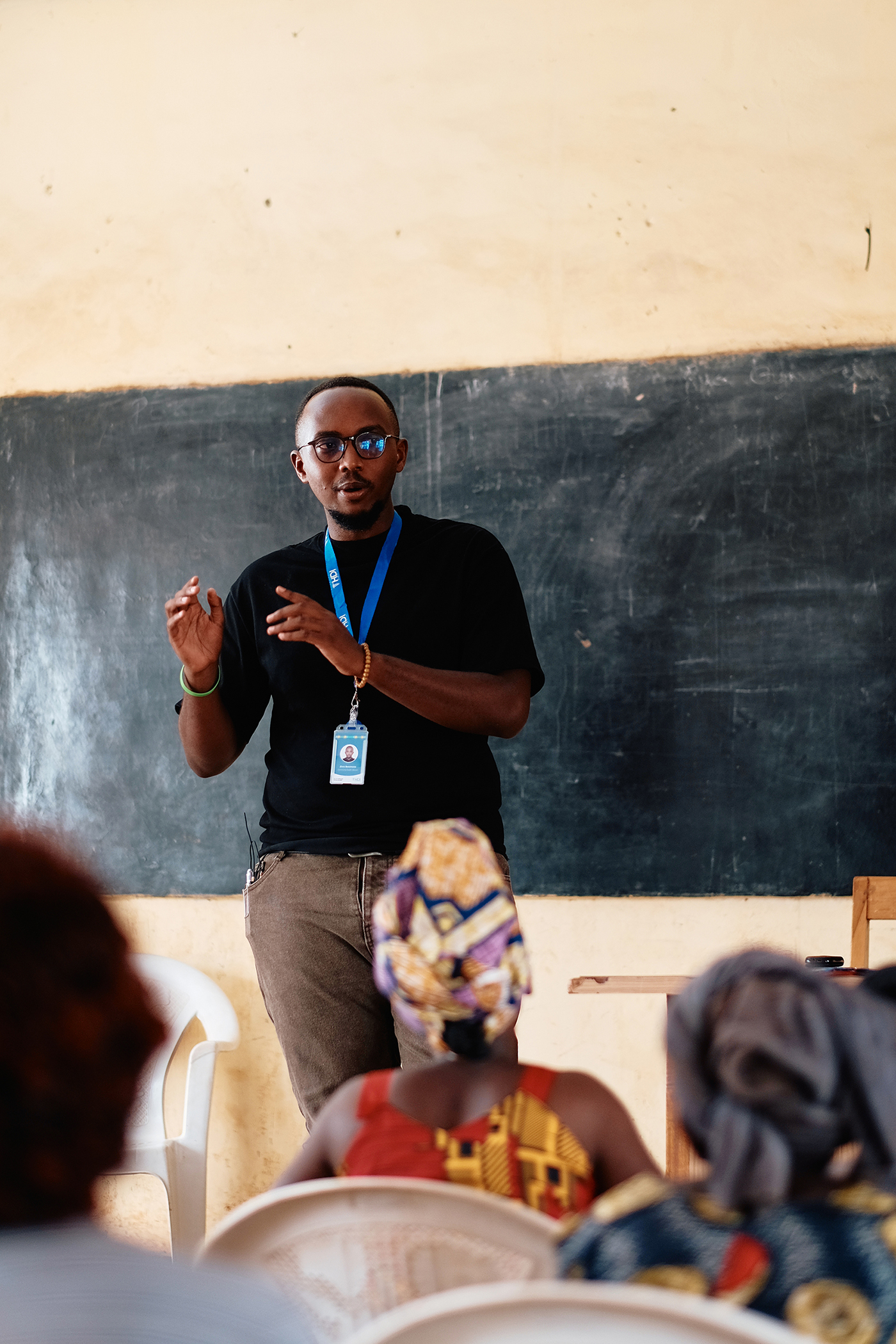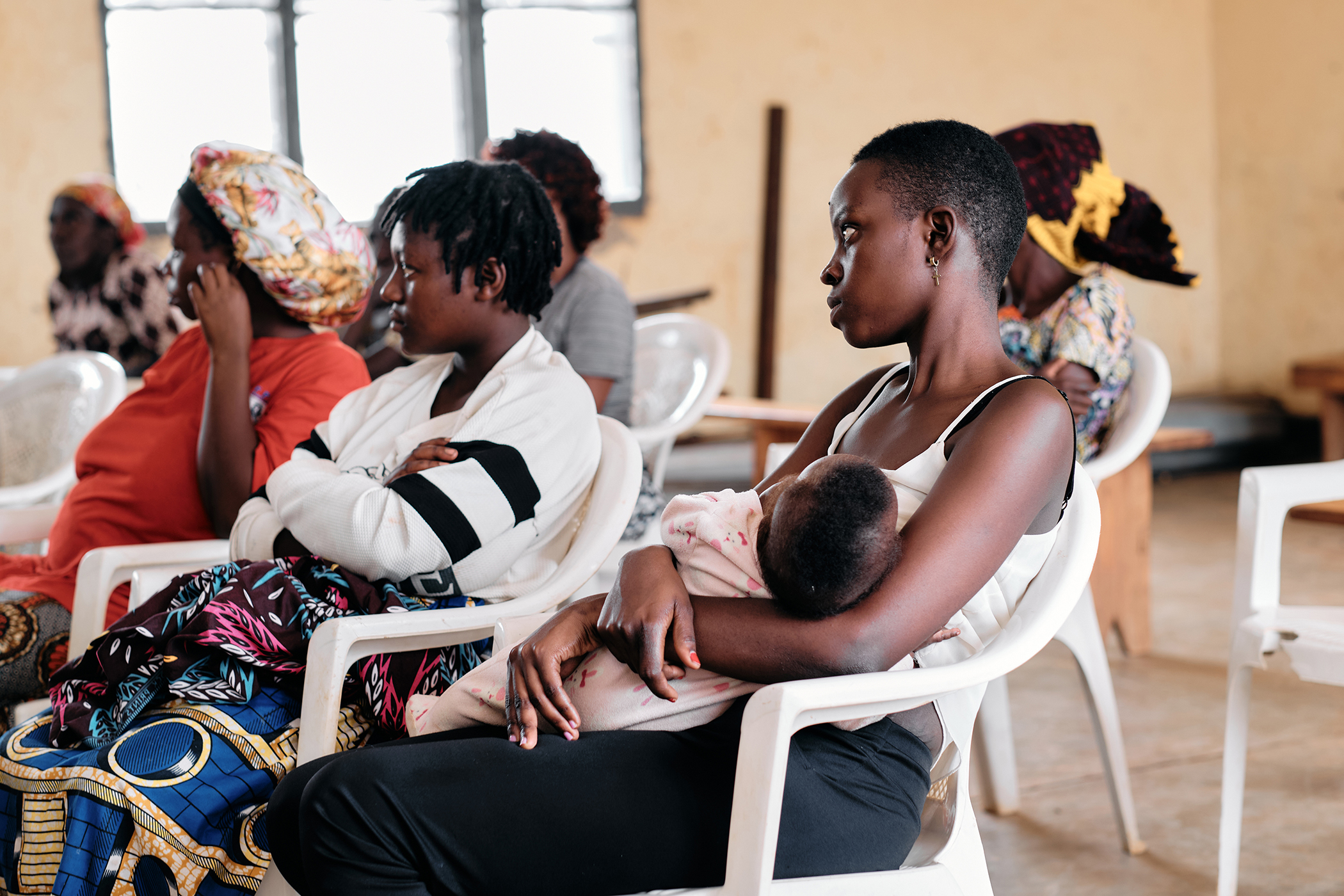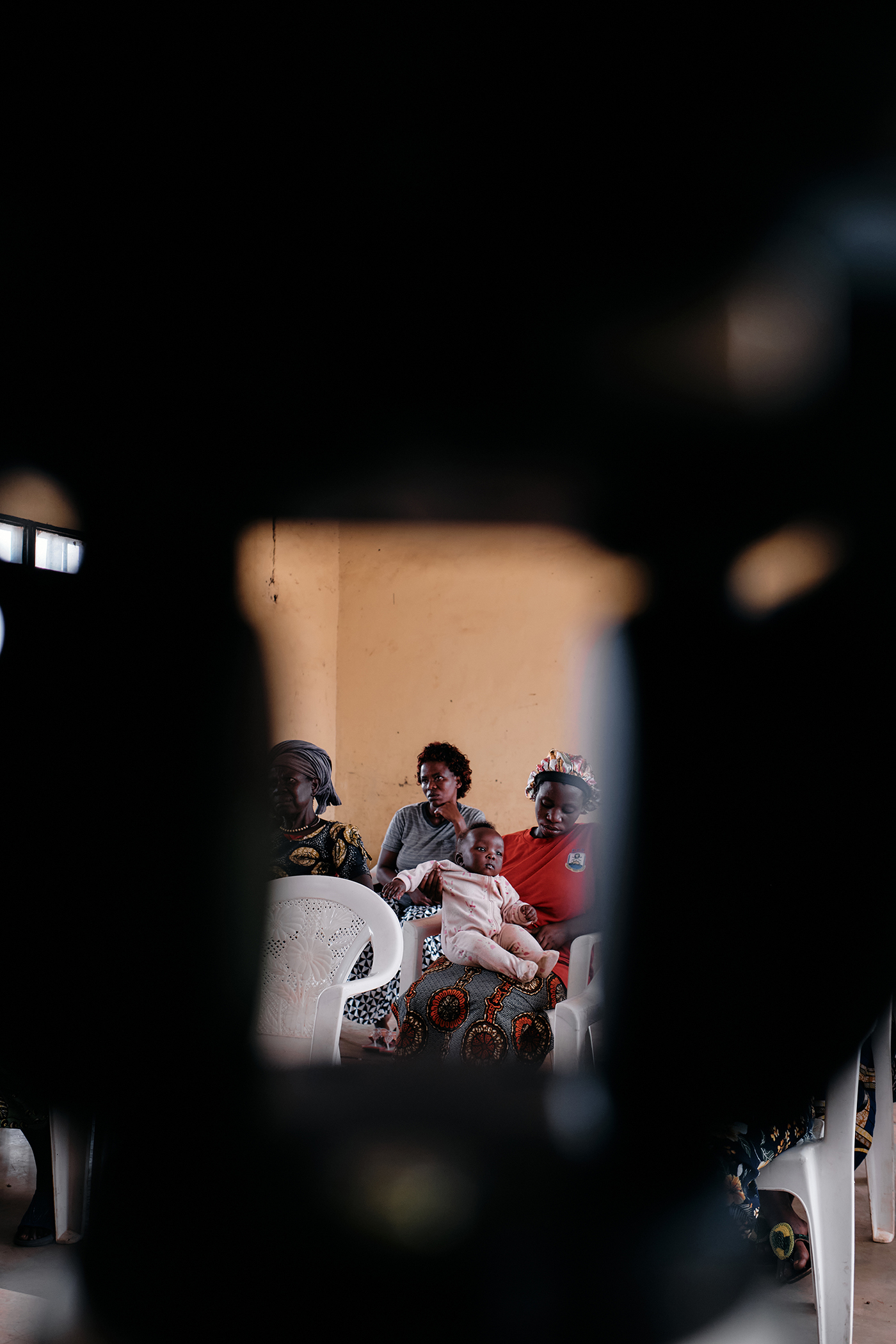Every year on April 7, World Health Day calls attention to global health priorities and progress. This year, the theme of World Health Day is “Healthy beginnings, hopeful futures.” The campaign focuses on ending preventable maternal and newborn deaths, and calls on governments and the health sector to invest more in the long-term health and well-being of women and girls.
We turn the spotlight on a standout organization in East Africa: Health Development Initiative (HDI), a non-profit based in Kigali, Rwanda, that is reimagining what accessible healthcare truly looks like.
HDI is on a mission to make quality healthcare available to all Rwandans, regardless of their background. From policy advocacy to grassroots education, their work is grounded in a rights-based approach that prioritizes equity, dignity, and inclusion.
HDI pushes for health-friendly policies and services to ensure that every Rwandan can live a healthy life. Their work spans four core areas:
- Community Health & Development: Educating communities on disease prevention, nutrition, hygiene, and sanitation.
- Sexual & Reproductive Health and Rights (SRHR): Advocating for marginalized groups — including youth, women and people with disabilities — to access SRHR services.
- Human Rights & Health Advocacy: Collaborating with governments and civil society to ensure inclusive, actionable health policies.
- Building Skills & Knowledge: Training communities and decision makers to strengthen Rwanda’s health ecosystem.
The secret behind HDI’s impact? It lies in the hands of their people — passionate, knowledgeable advocates who understand the needs of the communities they serve.
 Denise Teta, Policy and Advocavy Officer at HDI, poses for a portrait outside their office headquarters in Kigali, Rwanda in January 2025.
Denise Teta, Policy and Advocavy Officer at HDI, poses for a portrait outside their office headquarters in Kigali, Rwanda in January 2025.
Advocacy Backed by Evidence
We asked Denise Teta, HDI’s Policy and Advocacy Officer, how HDI supports policy change around SRHR. She emphasized the importance of evidence-based advocacy:
“We have a research department that investigates key issues like barriers to safe abortion. We use that evidence to inform policy briefs, research reports, and position papers,” Teta explains. “These documents guide our advocacy and shape how we engage policymakers.”
Teta also pointed to two recent successes. One is a proposed amendment to the health services law: “The current law sets the age of SRHR access at 18, but a new proposal could lower it to 15. It’s still under discussion, but the fact that this is on the table is major progress.” Another win? A recent ministerial order expanded access to safe abortion:
“Now health clinics — not just hospitals — can provide these services if they meet the standards. That’s a game-changer for women in rural areas,” Teta acknowledges.
Grassroots Change, Real Results
On the ground, HDI is also supporting communities to access SRHR services and information in ways that are safe, inclusive, and practical. They’ve also helped shut down illegal bars that were employing underage youth: “With local authorities, we closed down all the illegal bars that were hiring adolescents and selling illicit alcohol,” explains Elvis Benimana, HDI’s Community Health Advisor. “It’s reduced the risk of abuse and exploitation.”
While there is limited statistical data directly linking underage drinking to teenage pregnancy in Rwanda, a study published in the Rwanda Public Health Bulletin reported that 28.5% of adolescents aged 13 to 24 had consumed alcohol in the past 30 days, and 4.4% had used cannabis. The study also found that unintended pregnancies were among the consequences associated with substance use.
Benimana added that HDI is changing the narrative around family planning: “People used to think having many children meant more prosperity. Now, even older parents are embracing family planning and encouraging male involvement too.” Access to safe abortion services, once misunderstood or unknown, is also improving: “At first, people didn’t know where to get help. But now, awareness is growing and attitudes are starting to shift,” he adds.
Equipping the Gatekeepers: Training Teachers in SRHR
 Diana Keza, Adolescent and Youth Engagment Advisor at HDI, leads a workshop for school leaders on comprehensive sexuality education (CSE) in Kigali, Rwanda in January 2025.
Diana Keza, Adolescent and Youth Engagment Advisor at HDI, leads a workshop for school leaders on comprehensive sexuality education (CSE) in Kigali, Rwanda in January 2025.
In schools, HDI is helping educators become champions of comprehensive sexuality education (CSE). Diana Keza, Adolescent and Youth Engagement Advisor, explains why training teachers is vital:
“Teachers are gatekeepers of SRHR information. They interact with students during a critical stage of development, shaping how young people view their health and relationships,” Keza says.
Since CSE became part of Rwanda’s curriculum in 2015, many educators lacked the tools to teach it effectively: “It’s in the curriculum, but most teachers were never trained on how to approach it — especially in a society where sexuality is often taboo,” explains Keza. “Our training gives them practical, age-appropriate strategies to engage students and create safe spaces for dialogue.”
As the world reflects on what it means to build a fairer, healthier future, HDI Rwanda is showing what’s possible when policy meets people, and advocacy is rooted in lived experience. On World Health Day and every day, they remind us: healthcare is a human right — and it starts with community.
 Bampire Josephine, a local community youth representative of the Cyaruzinge community, is pictured after a session with the HDI team in January 2025.
Bampire Josephine, a local community youth representative of the Cyaruzinge community, is pictured after a session with the HDI team in January 2025.
Editor’s Note: This article is part of a content series that was made possible with funding from the The Susan Thompson Buffett Foundation.


